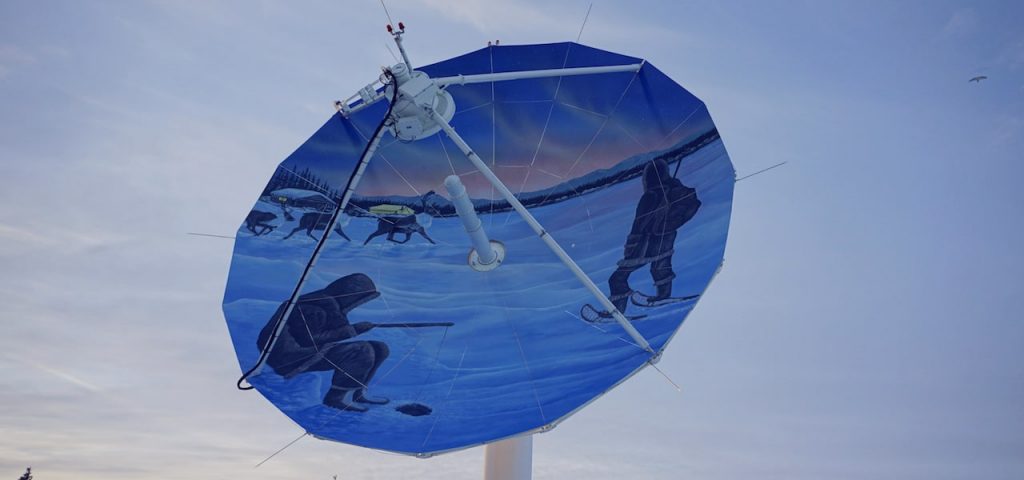[Inuvik, Northwest Territories – 24 September, 2018] – More than two years after the Canadian Radio-television and Telecommunications Commission (CRTC) declared broadband Internet a basic right for Canadians, many Indigenous communities still can’t access the regulator’s minimum service requirements.
The Internet Society (ISOC), a global non-profit organization dedicated to the open development, evolution and use of the Internet, wants to help rural and remote northern communities find solutions for affordable, high-quality and sustainable Internet access at the 2018 Indigenous Connectivity Summit in Inuvik, NT, from Oct. 11 to 12, 2018.
Presented by the Internet Society, University of Alberta, First Mile Connectivity Consortium, the Town of Inuvik, and Inuvialuit Regional Corporation, the event will host about 140 Indigenous Community Network operators, Internet Service Providers, policy-makers and Indigenous leadership in a series of panels, presentations and workshops focused on connecting the last 1,000 miles.
The event will highlight unique northern connectivity challenges and opportunities by showcasing success stories of Community Networks around the globe. Community Networks are communications infrastructure built, managed and used by local communities. They provide a sustainable solution to address the connectivity gaps that exist in underserved urban, remote, and rural areas around the world.
“Learning and communication amongst today’s generation is very different than those of our Elders,” said Duane Ningaqsiq Smith, Chief Executive Officer of Inuvialuit Regional Corporation. “We want to take advantage of new technologies and high-speed Internet bandwidth, not only for the preservation of our cultural identify and values, but to enable Inuvialuit and other Indigenous communities to become equal and meaningful participants in the Northern and national economy and society,” added Ningaqsiq Smith.
The Internet Society believes supporting Internet connectivity is a critical step on the path towards reconciliation with First Nations, Inuit and Métis in Canada. It works with rural and remote communities around the world to help them acquire the skills to build their own community networks and encourages all Canadians to foster an environment that supports Indigenous connectivity solutions.
“Ensuring First Nations, Inuit and Métis can access high quality, sustainable Internet empowers Indigenous communities to have a say when it comes to decisions and policies that shape their future,” said Mark Buell, North America Regional Bureau Director for the Internet Society.
The Indigenous Connectivity Summit is sponsored by Canadian Internet Registration Authority, the Internet Corporation for Assigned Names and Numbers, CANARIE, Cybera, Telesat, and Iristel.
For information on 2018 Indigenous Connectivity Summit speakers and registration, please visit www.internetsociety.org/events/indigenous-connectivity-summit/.
A report on the 2017 Indigenous Connectivity Summit Community Report is available at: https://www.internetsociety.org/resources/doc/2018/indigenous-connectivity-summit-community-report/
About the Internet Society
Founded by Internet pioneers, the Internet Society (ISOC) is a non-profit organization dedicated to ensuring the open development, evolution, and use of the Internet. Working through a global community of chapters and members, the Internet Society collaborates with a broad range of groups to promote the technologies that keep the Internet safe and secure, and advocates for policies that enable universal access. The Internet Society is also the organizational home of the Internet Engineering Task Force (IETF).
Media Contact:
Allesandra de Santillana
Media Relations
Internet Society
[email protected]
Read more of our coverage of the Indigenous Connectivity Summit 2018.
